Huawei, the US's strongest rival in chipmaking, has approached potential customers in the United Arab Emirates (UAE), Saudi Arabia and Thailand to sell its older generation Ascend 910B chips, according to SCMP sources .
The UAE and Saudi Arabia recently signed deals to buy more than a million chips from Nvidia and AMD over the next several years. Thailand’s AI development efforts have also relied heavily on advanced chips from Nvidia so far.
Huawei's sales efforts
Huawei is said to be offering only a few thousand 910B chips. The exact number of each offering is still unclear.
The 910B is the older generation of the Ascend chip line developed by Huawei for training and educating AI models. The 910B is manufactured on a 7nm process and is said to have performance roughly equivalent to Nvidia's A100 chip. The 910C, the latest generation of the Ascend chip, combines two 910B chips and has performance roughly equivalent to the H100, according to Reuters sources .
The Shenzhen-based company is also looking to attract customers by offering remote access to its CloudMatrix 384 system, a high-performance computing system based in China that is built on the 910C chip. However, Huawei is not ready to export the 910C chip due to limited supply, preferring to sell the 910C to Chinese companies that cannot access advanced American AI chips.
Huawei's Ascend is said to have performance nearly equivalent to today's most powerful AI chips. Photo: Huawei . |
US officials and Huawei itself have assessed that the Ascend chip line is still at least a generation behind Nvidia.
Huawei’s efforts have yet to yield any formal contracts, but the move signals the Chinese company’s desire to introduce its technology to international markets while also ramping up production.
Institutions in the UAE, including the Mohamed bin Zayed University of Artificial Intelligence (MBZUAI), are said to be unconcerned. “We have never had any contact with Huawei regarding the use of their hardware at the university,” an MBZUAI representative said.
Bloomberg previously reported that Huawei had negotiated to supply about 3,000 Ascend chips to Malaysia, but the status of this project is currently unclear.
Saudi Arabia appears to be more open to the possibility of buying Huawei chips. A source said a deal between Huawei and the Saudi Data & AI Authority (SDAIA) is in the works. An official from the agency said it was not ready to comment at the moment.
A former Trump administration official said Huawei could only produce about 200,000 AI chips this year, mostly to serve domestic demand in China, which exceeds 1 million. However, that figure does not include the nearly 3 million 910B chips that Huawei has stockpiled from Taiwan Semiconductor Manufacturing Co (TSMC).
China's AI chip exports are a concern for the US
US Deputy Secretary of Commerce Jeffrey Kessler said last month that Washington should be cautious even if China’s advanced chip output remains relatively small, given China’s global ambitions.
Huawei's Ascend 910D is expected to outperform Nvidia's H100. Photo: Huawei . |
US officials are particularly interested in AI infrastructure projects in the Middle East and Southeast Asia, given the region's longstanding ties to Beijing and Huawei.
Starting in 2023, US companies that want to export AI chips to the UAE, Saudi Arabia and other Gulf countries will need a US license. The US Commerce Department has also yet to approve billions of dollars worth of chips under deals announced by President Trump during his visit to the Gulf in May.
Some US officials worry that exporting large quantities of US chips could indirectly benefit Beijing, arguing that Huawei's offering of only a small number of old Ascend chips is evidence that the US can still "calmly" make decisions.
Washington has also increasingly put pressure on companies around the world , warning them not to use Huawei's Ascend chips.
Earlier this year, the US Commerce Department warned that using Huawei's Ascend chips "anywhere in the world" could violate US trade restrictions, because Ascend chips use US technology in the manufacturing process.
After a reaction from China, the US withdrew the statement, but still emphasized that unauthorized use of the Ascend 910B, 910C or 910D chip series that Huawei is expected to launch could result in related parties being sanctioned by Washington.
Source: https://znews.vn/huawei-tim-cach-moi-de-ban-chip-post1568270.html


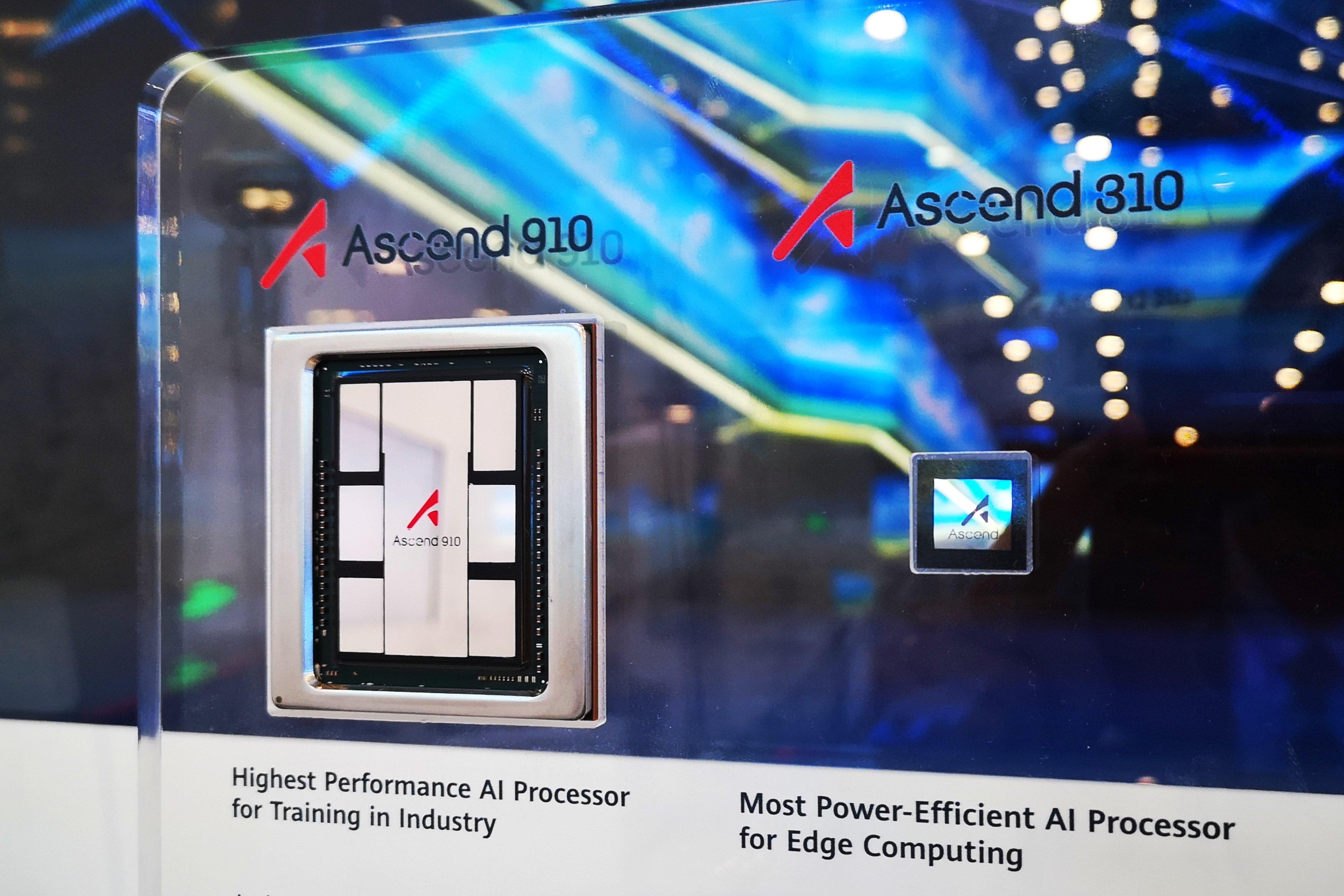
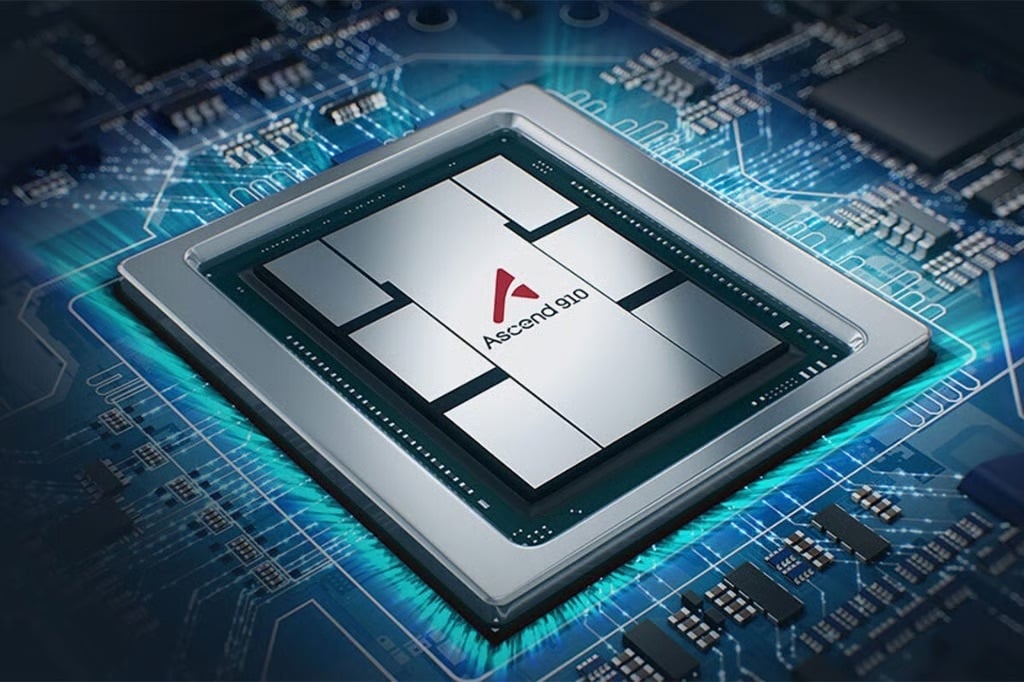
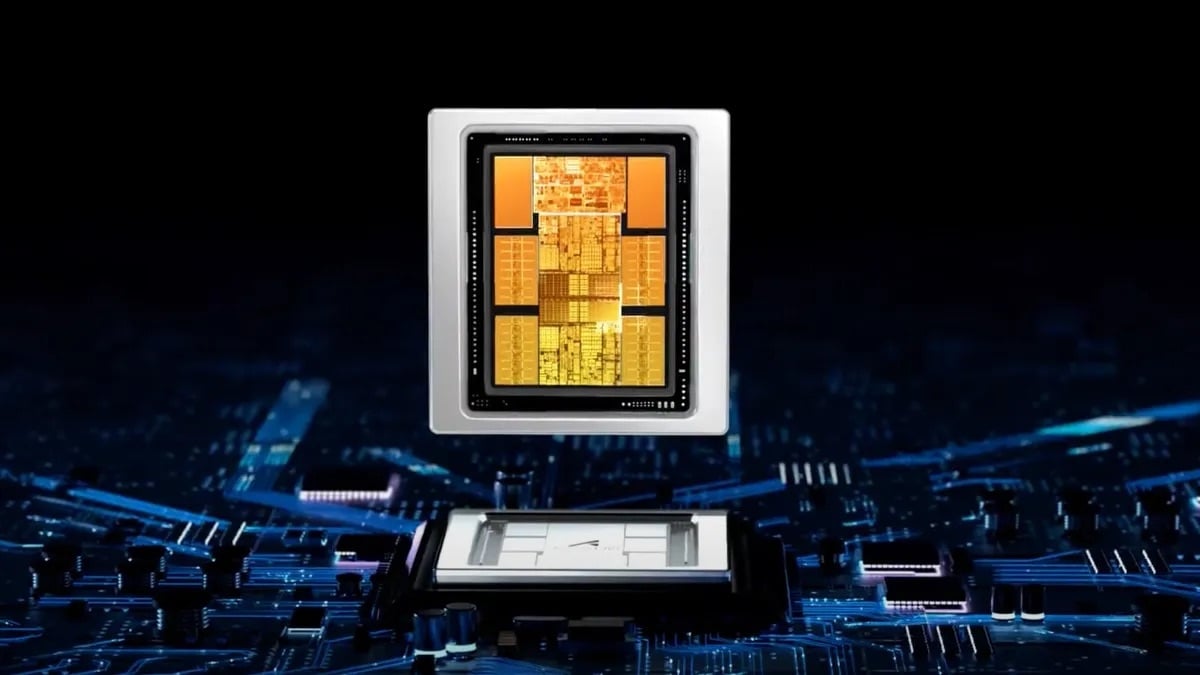



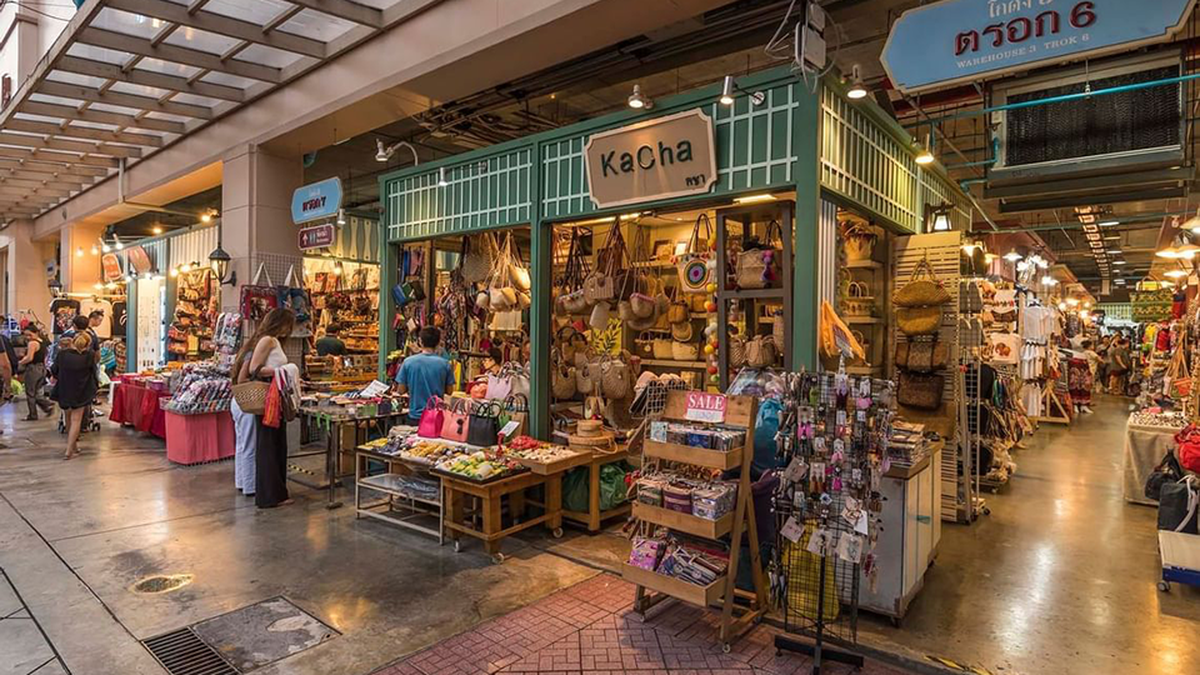
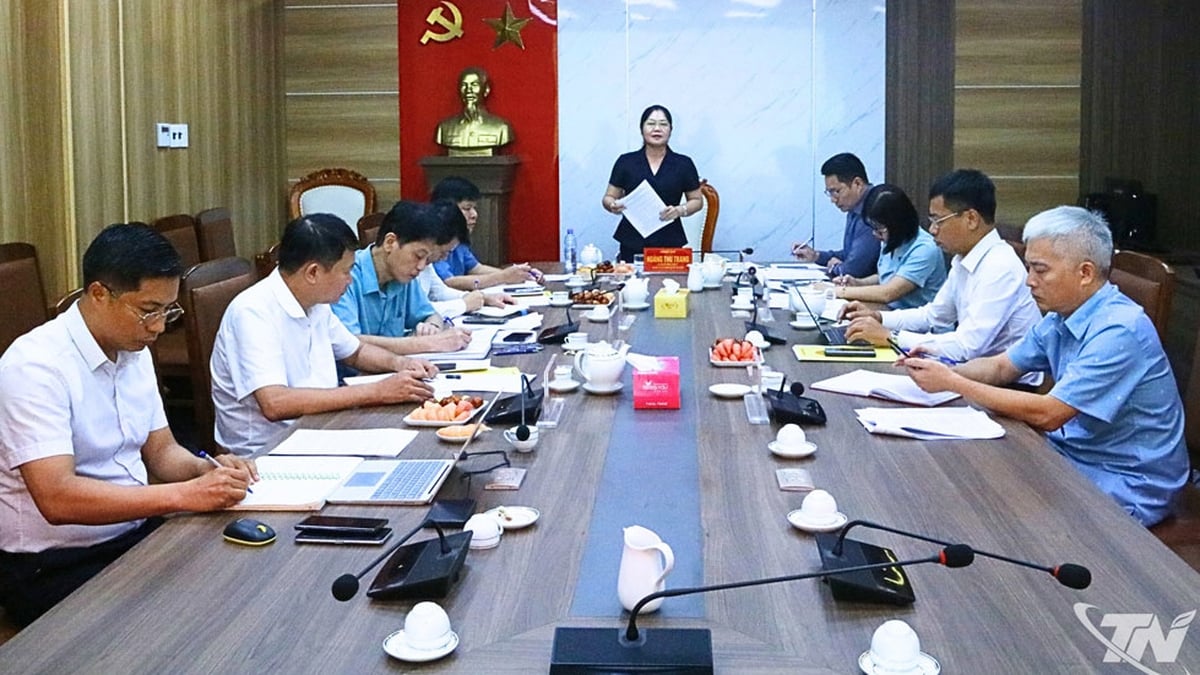
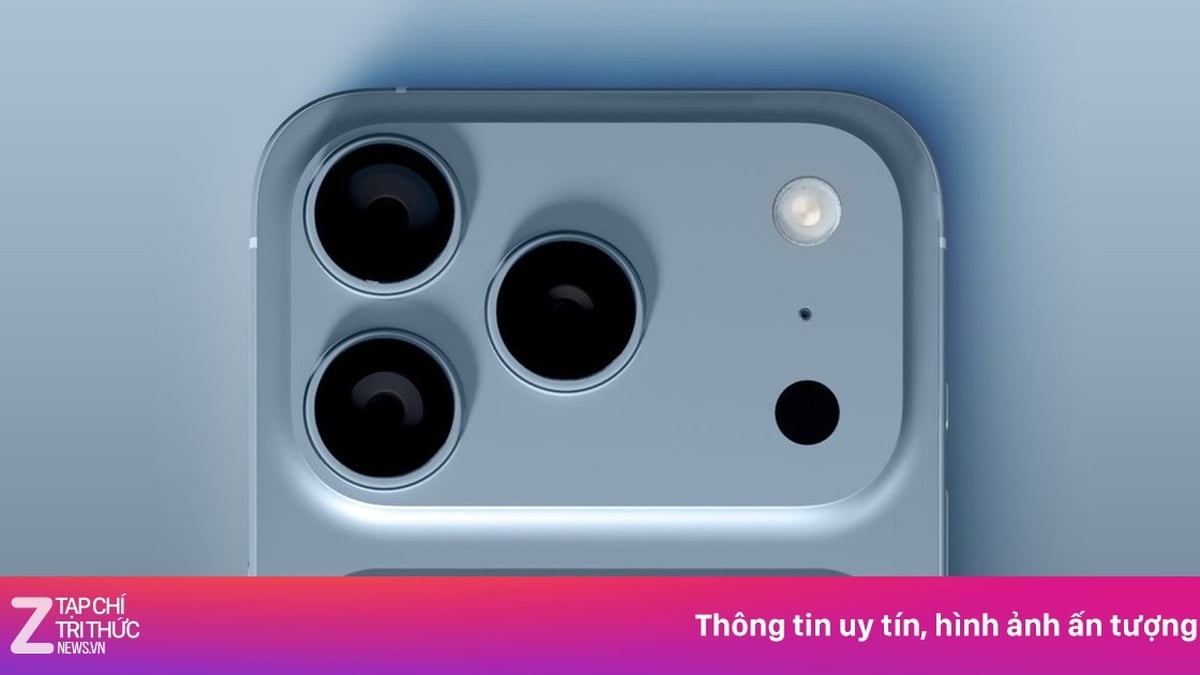















































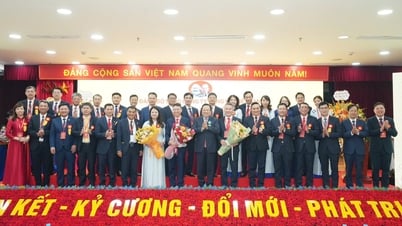





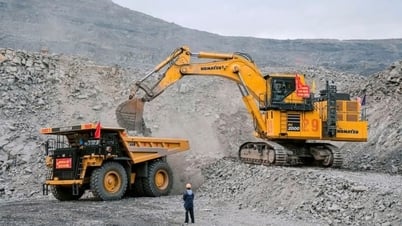
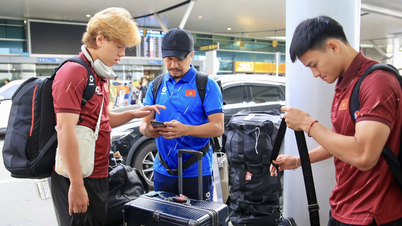


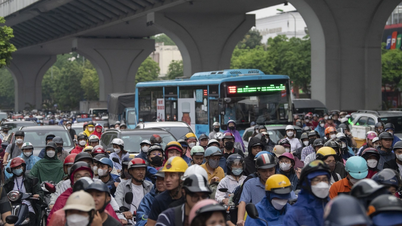
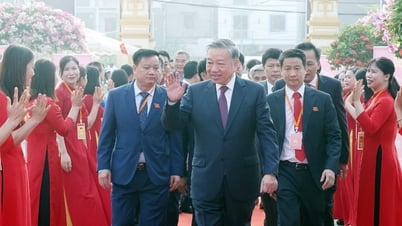
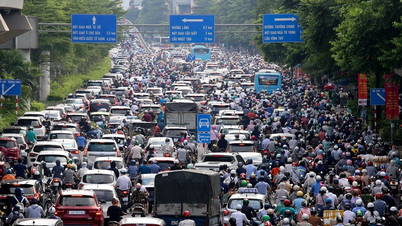
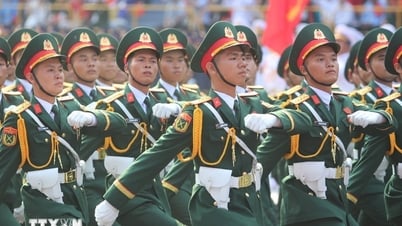


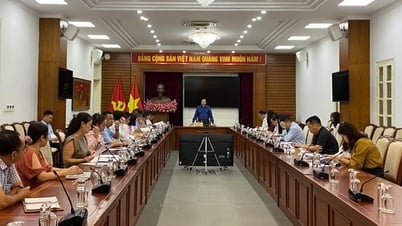
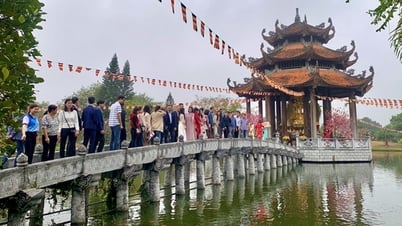
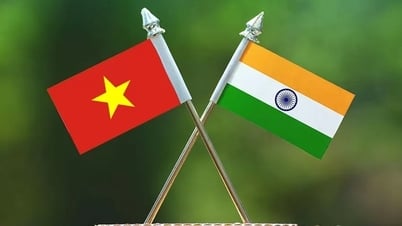

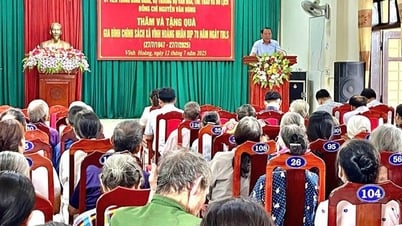
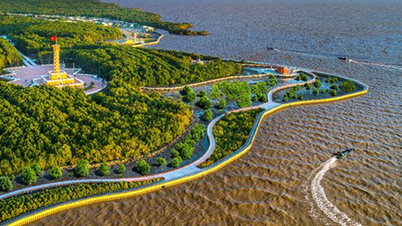
























Comment (0)